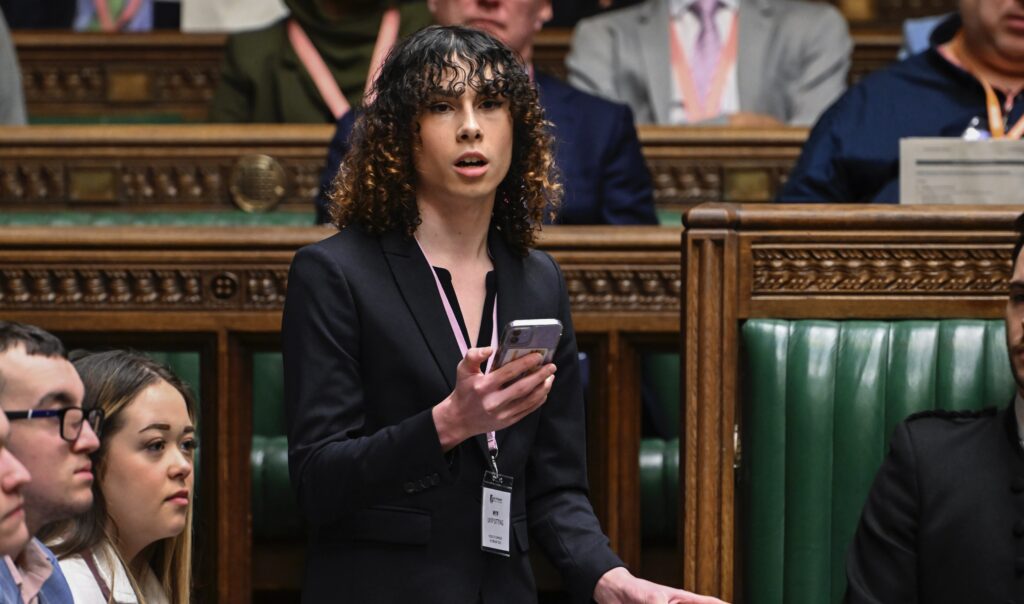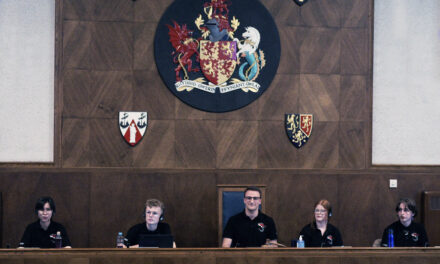
How many times have you been told that young people are the future, that it is us the next generation who will determine this time to come and that we, the youth, are the pathway to what lies ahead?
The UK Youth Parliament wholeheartedly rejects this statement. Far too often are we illustrated as this evolutionary change in waiting who clearly cannot contribute until this so-called future.
Our new manifesto, entitled Shaping our Future: Today not Tomorrow is a clear message to government. If we are your future, invest in us today and reap the benefits tomorrow.
This message was echoed across the House of Commons during the Youth Parliament’s Annual Sitting not long ago where MYPs from across the UK spoke on the five debates determined as the most important.
I spoke in that very chamber detailing the need for a comprehensive programme of political literacy describing how ‘democracy does not function on apathy’ and that it instead ‘thrives on awareness participation and empowerment’.
During this time of increased conflict, political antagonism and great uncertainty a programme such as the Youth Parliament whose members provide premier representation for a bulk of young people should be a relief.
An increasingly notable point on the work of Youth Parliament is lowering the voting age to 16 in the UK; a point that with some strikes controversy and others reason.
Young people already get a say on who to elect to the Welsh and Scottish Parliaments as well as their local councils but don’t get a say on who to elect to Westminster.
When gauging the views of my constituents they said that ‘policies are being made that impact us – as young people, we should have a say in our futures and our lives’.
Alternatively, an opposing point of view stated the following, ‘18 should be the standard age of voting, based on maturity levels, susceptibility to influence and general lack of public knowledge’.
A report issued by the Electoral Reform Society states that ‘there is a real danger that 18 year olds who don’t vote now, will become 50 year olds who don’t vote in the future’.
With mixed certainty on the matter, is greater clarity and understanding the key to an expanded franchise, or, will the UK reject to follow suit with its Welsh and Scottish counterparts?
Article by
Evie Somers







